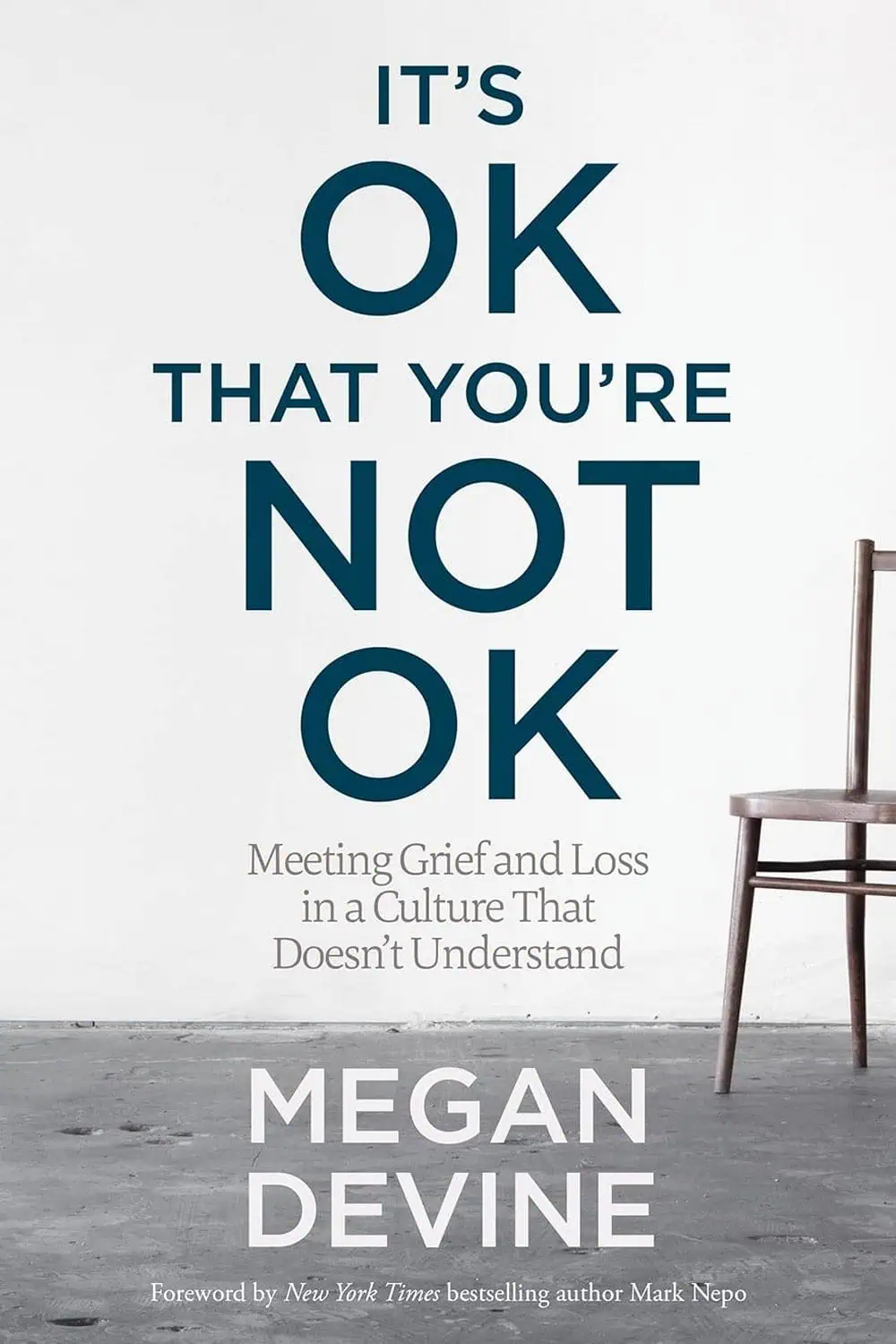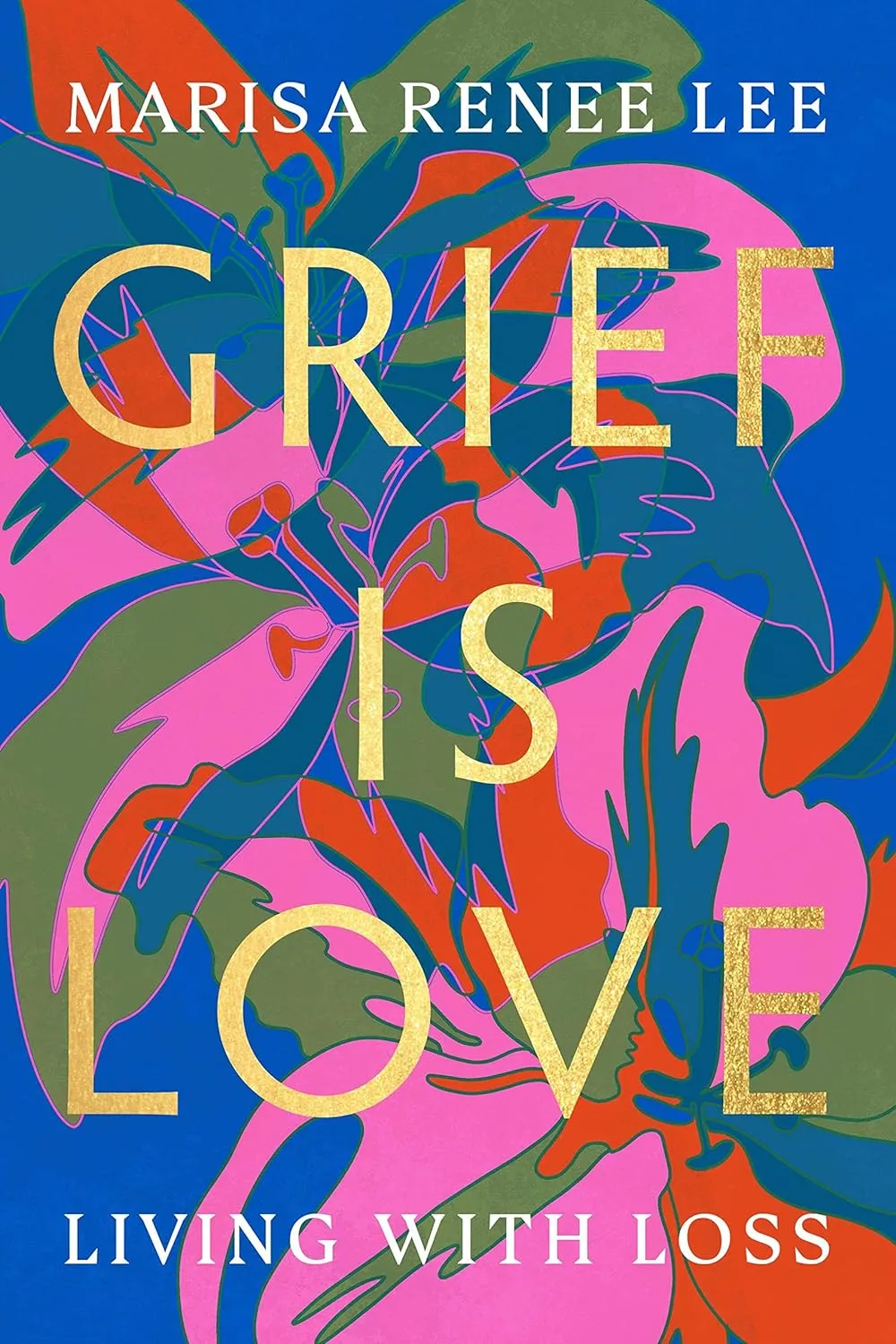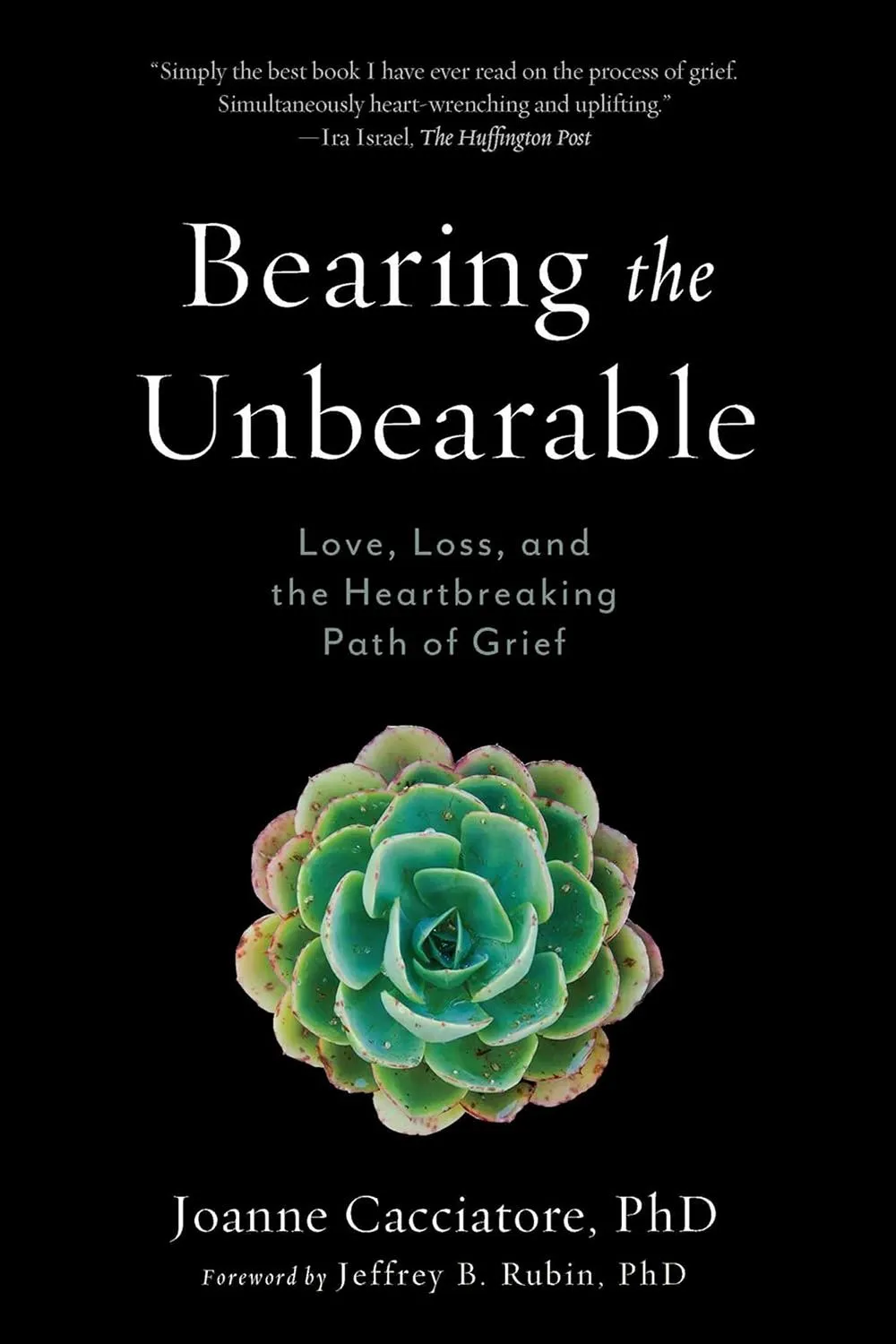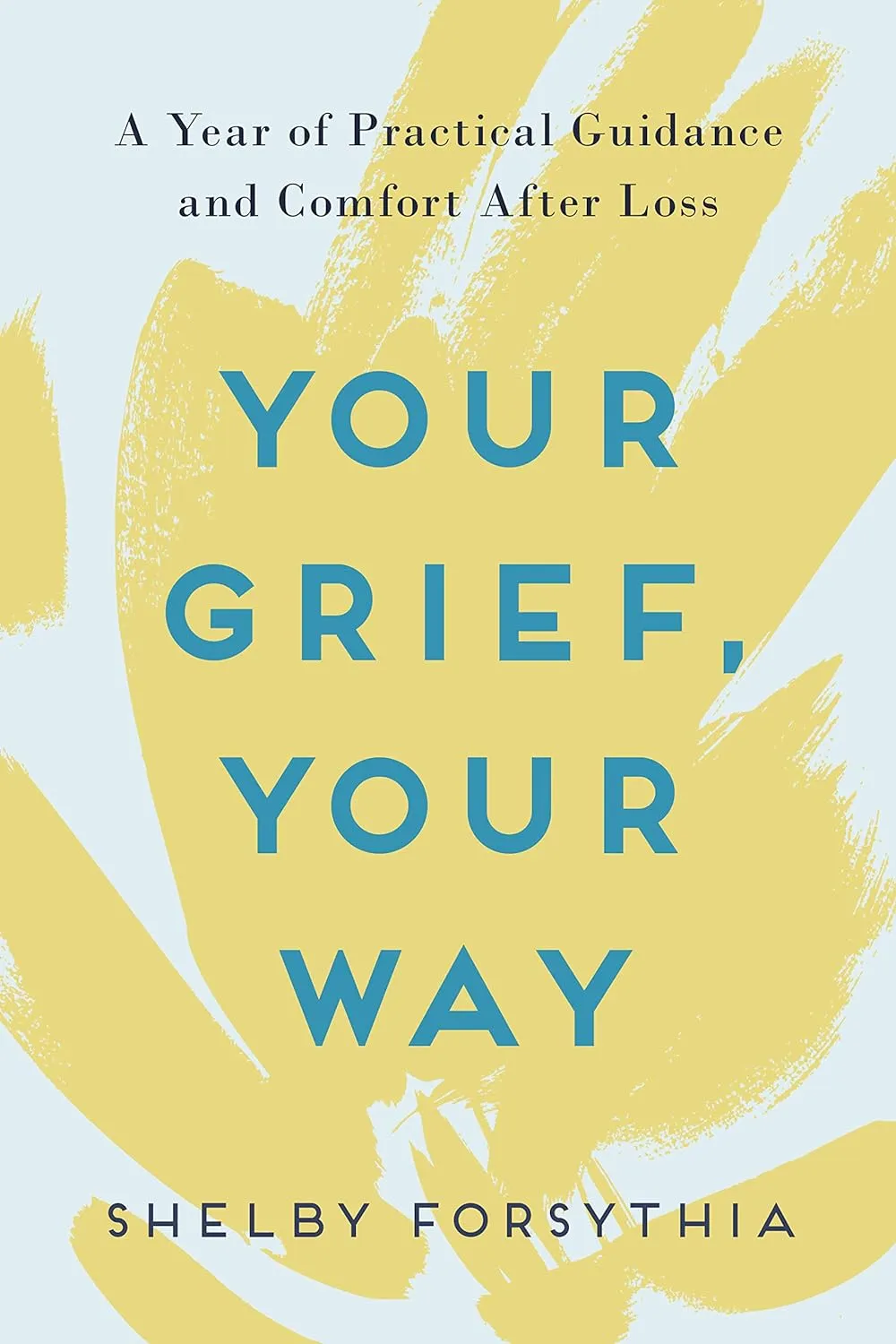Today's Thursday • 11 mins read
What good is it to know how the modern Stoics, who follow an ancient school of philosophy, coped with grief and loss?
Stoicism dates back to the 3rd century BCE, when Zeno of Citium lost his ship and landed in Athens. Its main idea is that you can live a happy life by having four virtues: wisdom, courage, justice, and discipline.
The Stoic masters taught people how to be better prepared for the inevitable losses that come with life.
Classic Stoic texts discuss death and loss, showing that the Stoics were not unfeeling rocks. They knew that grief and loss were universally heartbreaking. They suffered these natural pangs like anyone else.
But they responded with perspective: Grief could be felt, but it need not be clung to or made a constant companion.
Stoics build an inner citadel to observe the worldly storms while remaining poised within.
Remembering The Brevity of Life
All of us will leave this life one day.
That observation is not depressing, but liberating. Stoics remind themselves that everything in nature is temporary: our possessions, our relationships, our lives.
But it is not the end. To the Stoic, death is a cycle of Nature. We emerge from the void, have a brief conscious experience, and inevitably return to that void once more. At death, we return to Nature.
“What dies doesn’t vanish. It stays here in the world, transformed, dissolved, as parts of the world, and of you. Which are transformed in turn—without grumbling.”
— The Stoic Emperor Marcus Aurelius (Meditations 8.18)
- When we accept the transitory nature of all life, we can live each moment with a vibrant presence and a radical non-attachment.
- When we know that we too will leave our loved ones one day, we cherish them more and bask in the good times.
- When we remember the briefness of life, we remember the departed with fondness instead of being consumed by grief.
The Stoics saw the impermanence of life as a gift. In this stance, grief becomes impossible to cling to. For how can one drown in sorrow for that which is fated to pass away?
The Stoic simply opens his palm, releases his grip, and flows with life’s natural unfolding.
“Don’t seek for everything to happen as you wish it would, but rather wish that everything happens as it actually will—then your life will flow well.”
— Epictetus (Enchiridion)
This is the principle of memento mori—to remember that death is certain but unpredictable.
So, for each breath we are granted, we must live with maximum intention, wisdom, and gratitude.

Accepting The Natural Order
The Stoic sees death as not a tragedy, but the natural culmination of every life.
They believe battling this inescapable truth is battling nature itself. So they accept the natural order of things, without wishing for them to be different.
This is the principle of amor fati.
“Accept whatever comes to you woven in the pattern of your destiny, for what could more aptly fit your needs?”
— Marcus Aurelius, (Meditations, 10.5)
To the Stoic, grief is like a storm. Fierce while it lasts, but bound to pass if one does not grasp at the winds. They let the storm spend itself.
After the skies have cleared, they look to the future with courage and resilience.
And focus on the next steps: cherishing what was good, and honoring the memory of their loved one by living with even greater virtue and wisdom.
- They do not lament, “Why her?” or “Why me?” They accept the loss as an inevitability.
- They grieve with balance, neither suppressing their emotions nor drowning in despair.
- They believe that we do not lose people; we return them to Nature.
Focusing On The Present Moment
The Stoic knows that the past is immutable. No amount of anguish or anger can undo what has already occurred.
- Dwelling on what could have been, and wishing for a different reality, makes the suffering worse.
- Worrying about what might happen in the future because of the loss also doesn’t help right now.
- Instead, the Stoic finds solace and power in the present moment. This instant, this breath, this simple existence — this is all any human ever truly has.
As Marcus Aurelius reminded himself,
“You could leave life right now. Let that determine what you do and say and think.”
— Marcus Aurelius (Meditations 2.11)
By anchoring on the here and now, grief becomes not an identity to cling to, but a fleeting experience they allow to rise and fade into a sense of calm.
The Stoics see the present as the only point of reality under their control. They become fully present and respond to life’s uncertainties with wisdom and non-judgment.
“It is not events that disturb people, it is their judgments concerning them.”
— Epictetus (Enchiridion, 18)
Seneca felt that grief should be grieved rather than immediately treated as a problem to be solved and done away with. He wrote:
“It is better to conquer our grief than to deceive it. For if it has withdrawn, being merely beguiled by pleasures and preoccupations, it starts up again and from its very respite gains force to savage us. But the grief that has been conquered by reason is calmed for ever. I am not therefore going to prescribe for you those remedies which I know many people have used, that you divert or cheer yourself by a long or pleasant journey abroad, or spend a lot of time carefully going through your accounts and administering your estate, or constantly be involved in some new activity. All those things help only for a short time; they do not cure grief but hinder it. But I would rather end it than distract it.”
— Seneca
In this state of mindfulness, one can feel grief without indulging in it. They can witness its ebb and flow without struggle or resistance.
Thus, the Stoics transform grief into a gradual process of acceptance. And emerge with an ever greater appreciation for life’s preciousness.
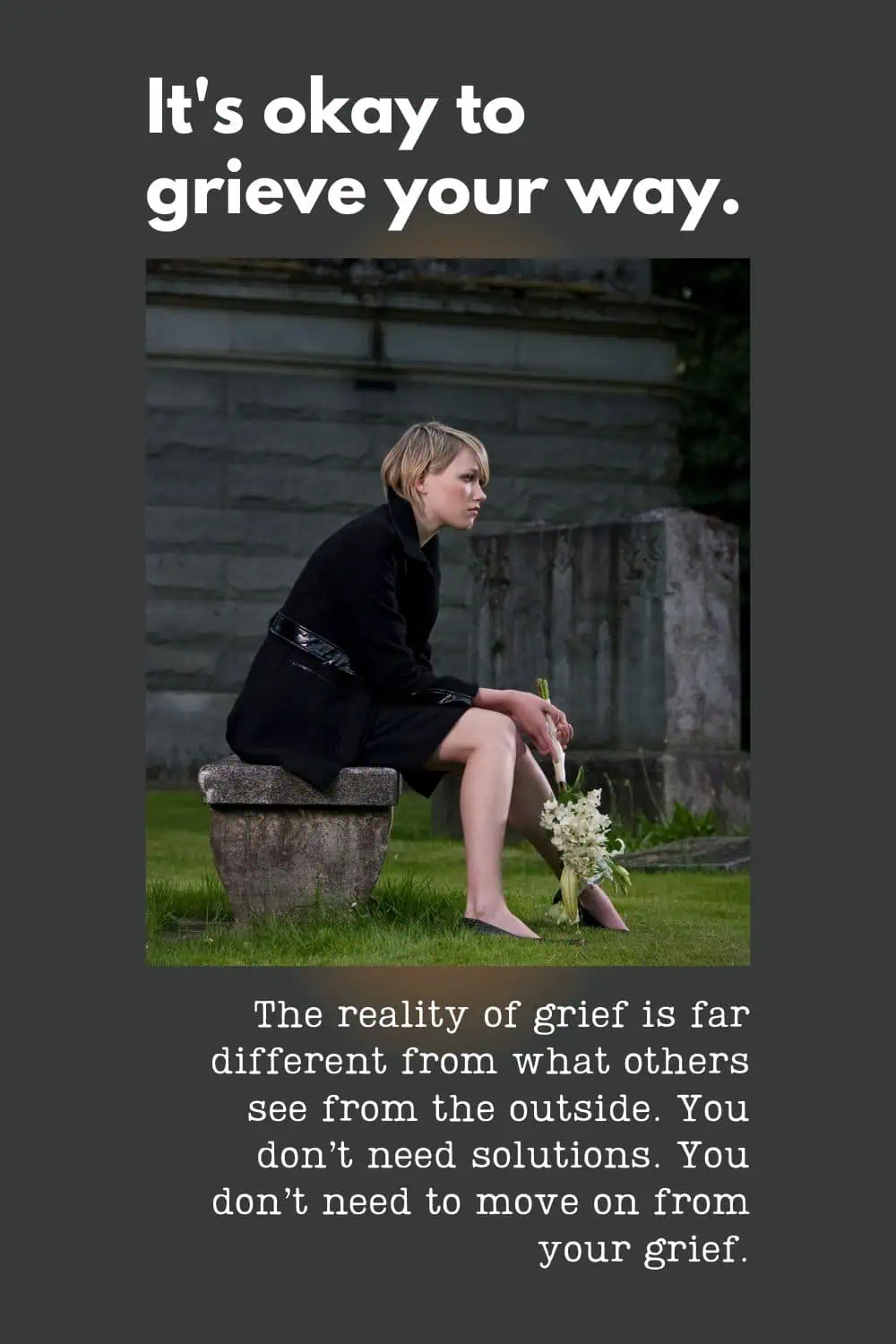
Marcus Aurelius reminded himself,
“Time is a river, a violent current of events, glimpsed once and already carried past us, and another follows and is gone.”
Keeping A Daily Journal
Most Stoics maintain a journal to keep track of their thoughts and feelings. It helps them understand their experiences and emotions better. It’s like talking to themselves on paper.
A journal is a tangible outlet for self-analysis and self-reflection. The writer can figure out why they feel a certain way, what to learn from them, and feel better over time.
We are incredibly fortunate to be able to read the philosophy of the most honorable emperor the world has ever known, Marcus Aurelius, since he kept a journal called Meditations. His last lines were:
“You’ve lived as a citizen in a great city. Five years or a hundred—what’s the difference? The law makes no distinction. And to be sent away from it, not by a tyrant or a dishonest judge, but by Nature, who first invited you in—why is that so terrible?
Like the impresario ringing down the curtain on an actor:
‘But I’ve only gotten through three acts…!’
Yes. This will be a drama in three acts, the length fixed by the power that directed your creation, and now directs your dissolution. Neither was yours to determine.
So make your exit with grace—the same grace shown to you.”
Today, psychologists often counsel their patients to keep journals, as it helps them find a logical pattern in their emotional and cognitive stimuli rather than overanalyzing and worrying.
- Writing helps us wisely organize our thoughts, emotions, and ideas.
- We can go back to our journal to explore or add to a previous emotional expression.
- Writing can make us realize what we think we are feeling might not be what we are actually going through.
Epictetus advised,
“Every day and night keep thoughts like these at hand—write them, read them aloud, talk to yourself and others about them.”
Reaching Out To Your Community
Stoicism doesn’t require you to be invincible.
It’s okay to reach out for support when you need it. Sometimes, the bravest and strongest thing you can do is ask for help.
Marcus Aurelius asserted,
“Don’t be ashamed of needing help. You have a duty to fulfill just like a soldier on the wall of battle.”
The Stoic community (online and offline) offers a supportive network of people sharing the same values and principles. In times of grief and loss, they lean on each other for guidance, encouragement, and consolation.
“Dependence starts when we are born and lasts until we die. … But in the middle of our lives, we mistakenly fall prey to the myth that successful people are those that help rather than need, and broken people need rather than help. … But the truth is that no amount of money, influence, resources, or determination will change our physical, emotional, and spiritual dependence on others.”
― Brené Brown, Psychologist (Rising Strong)
Preparing For The Extreme Event—Death
Stoics practice a technique called “premeditatio malorum,” or negative visualization, in which they imagine losing the things they value most.
By pre-contemplating the death of loved ones, and even their own mortality, they cut the ruthless force of these future tragedies.
As Seneca, the famous Roman Stoic philosopher, wrote:
“He robs present ills of their power who has perceived their coming beforehand.”
— Seneca, (Letters, 98.5)
The Stoics do not fool themselves into thinking nothing bad can ever happen to their loved ones. They prepare their mind for misfortune and make peace with reality’s inevitability.
At first, this practice seems morbid or pessimistic. But it is quite the opposite; it’s an act of courage and realism.
- By staring down our darkest fears, we remove their control over us.
- We become emotionally resilient and mentally gritty.
- We become more appreciative of what exists.
Then, when true loss does occur, the Stoic can grieve with tranquility. No longer hostages to dread or anxiety, there is no denial, shock, or anger. Just humble acceptance.
The Stoic has already played out the worst-case scenario in his mind. He has minimized the fallout of the misfortune and armed himself with reason.
Seeking Comfort In The Uncomfortable
This Stoic strategy is more about an upsetting situation rather than about the death of someone.
Contrary to common belief, considering how things could have been worse can make us feel grateful and somewhat relieved.
Marcus Aurelius quotes the philosopher Epicurus (whose followers are known as Epicureans) in his “Meditations”:
“Pain is neither unbearable nor unending, as long as you keep in mind its limits and don’t magnify them in your imagination.”
Even when things are terrible, you could give it a thought how much worse it could have been.
And you may realize that the present suffering seems bearable. You may even find in it aspects to be grateful for.
Of course, it is impossible to imagine what could be worse than losing someone we deeply loved.
But Seneca felt that worse would have been to have ignored them while they were alive.
“To lose a friend is the greatest of all evils, but endeavor rather to rejoice that you possessed him than to mourn his loss.”
— Seneca
4 Books On Grief
Final Words
“No man ever steps in the same river twice, for it’s not the same river and he’s not the same man.”
— Heraclitus, a pre-Socratic Greek philosopher
When you step into a river, the water is always moving and changing, so it’s never the same river twice. Similarly, as you go through life, you change and grow, so you are never the same person from one moment to the next.
So is life in the Universe, in constant flux, like a river flowing. Death is a part of that cycle of change in Nature.
Grieving is the process of coming to terms with that change and adapting to a new reality without the person who has passed away.
So, in a way, Heraclitus’ quote reminds us that death is a natural part of life’s ever-changing flow.
Let’s close this with a memorable quote from The Philosopher King:
“Think of yourself as dead. You have lived your life. Now take what’s left and live it properly.”
— Marcus Aurelius
√ Also Read: Did Marcus Aurelius say, “Death smiles at us all?”
√ Please share it with others if you found this helpful.
